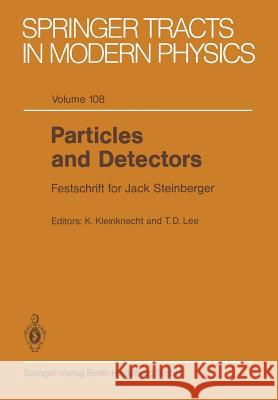Particles and Detectors: Festschrift for Jack Steinberger » książka
topmenu
Particles and Detectors: Festschrift for Jack Steinberger
ISBN-13: 9783662151938 / Angielski / Miękka / 2013 / 294 str.
Kategorie BISAC:
Wydawca:
Springer
Seria wydawnicza:
Język:
Angielski
ISBN-13:
9783662151938
Rok wydania:
2013
Wydanie:
Softcover Repri
Numer serii:
000080419
Ilość stron:
294
Waga:
0.49 kg
Wymiary:
24.41 x 16.99 x 1.65
Oprawa:
Miękka
Wolumenów:
01











